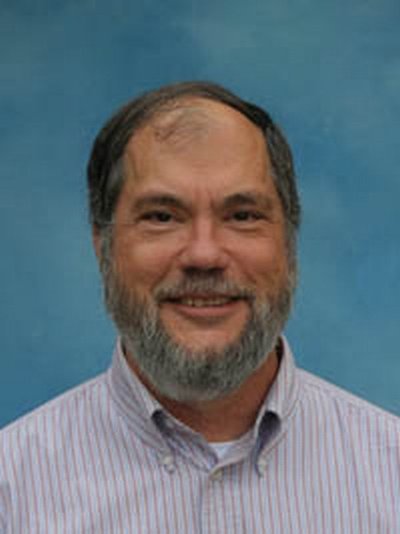January 18, 2007
Joint Institute for the Study of the Atmosphere and Ocean gets new director
A National Oceanic and Atmospheric Administration and UW cooperative institute dedicated to understanding climate and its effects is starting its 30th year with a new director.
Thomas Ackerman, an expert on how climate is affected by clouds and aerosols such as volcanic ash or black carbon from burning fossil fuels, has taken the helm of the Joint Institute for the Study of the Atmosphere and Ocean. Based at the UW, the institute in the last five years has received more than $67 million in grant funding for nearly 100 research projects.
The institute integrates the work of UW and NOAA researchers studying global and regional climate, environmental chemistry, coastal oceanography, estuaries, marine ecosystems and fisheries.
The projects range from observational programs to modeling and analysis. For instance, the string of buoys in the Pacific that help detect and understand El Nino and La Nina conditions is monitored by a 16-member team, half of which hold JISAO-funded positions. Another example is the Climate Impacts Group, based at the UW, which helps managers and policy makers understand how climate might alter such things as water supply.
See http://www.jisao.washington.edu/ for more about JISAO.
All of NOAA’s cooperative institutes will be going through what is called a “recompetiton process” in the next several years and one of the new director’s prime responsibilities will be to lead JISAO through that process.
In 1977, JISAO was one of the first such cooperative institutes established in the nation.
Besides serving as JISAO director, Ackerman has been appointed a professor of atmospheric sciences at UW and will continue as a Battelle Fellow at the Pacific Northwest National Laboratory in Richland, Wash., a position he’s held since joining the lab in 1999. While at the laboratory, Ackerman served as chief scientist for the Atmospheric Radiation Measurement program, the largest global change research program supported by the U.S. Department of Energy.
His career — after earning his doctorate from the UW in 1976 — has also included working for NASA and Pennsylvania State University.
Mike Wallace, who has served as JISAO director for 18 of the institute’s 30 years, will remain on the UW faculty as professor of atmospheric sciences.



